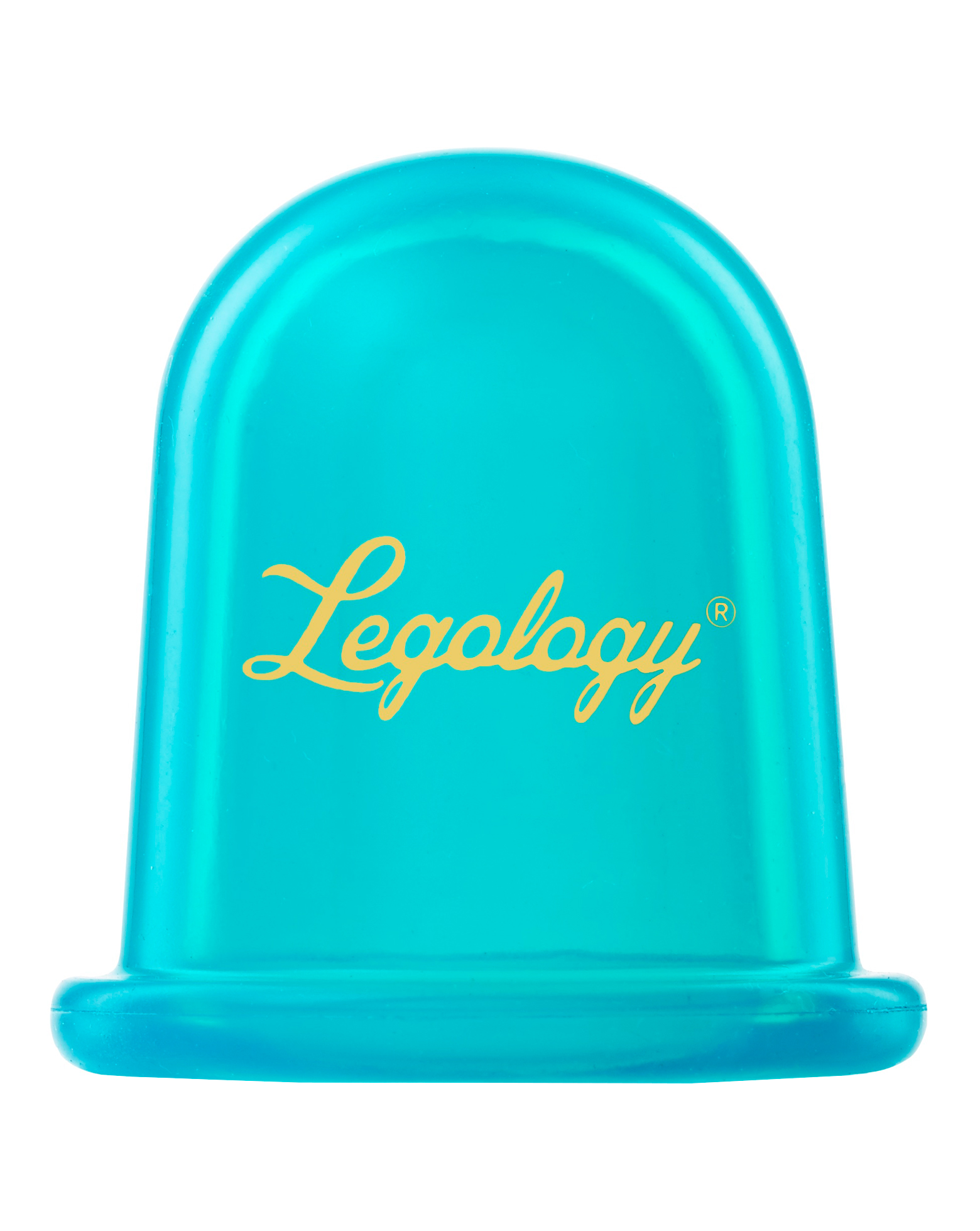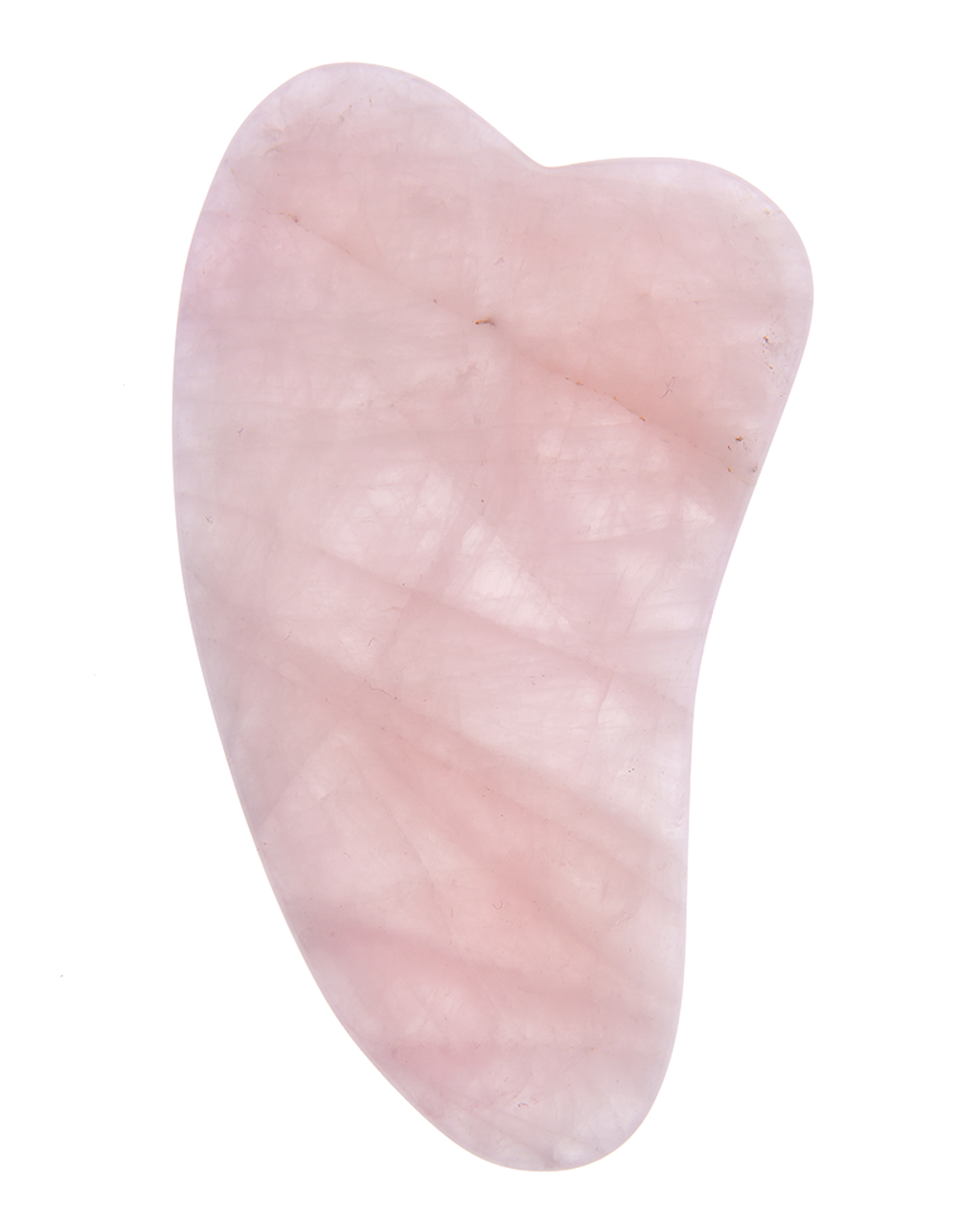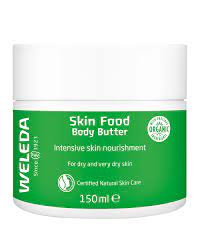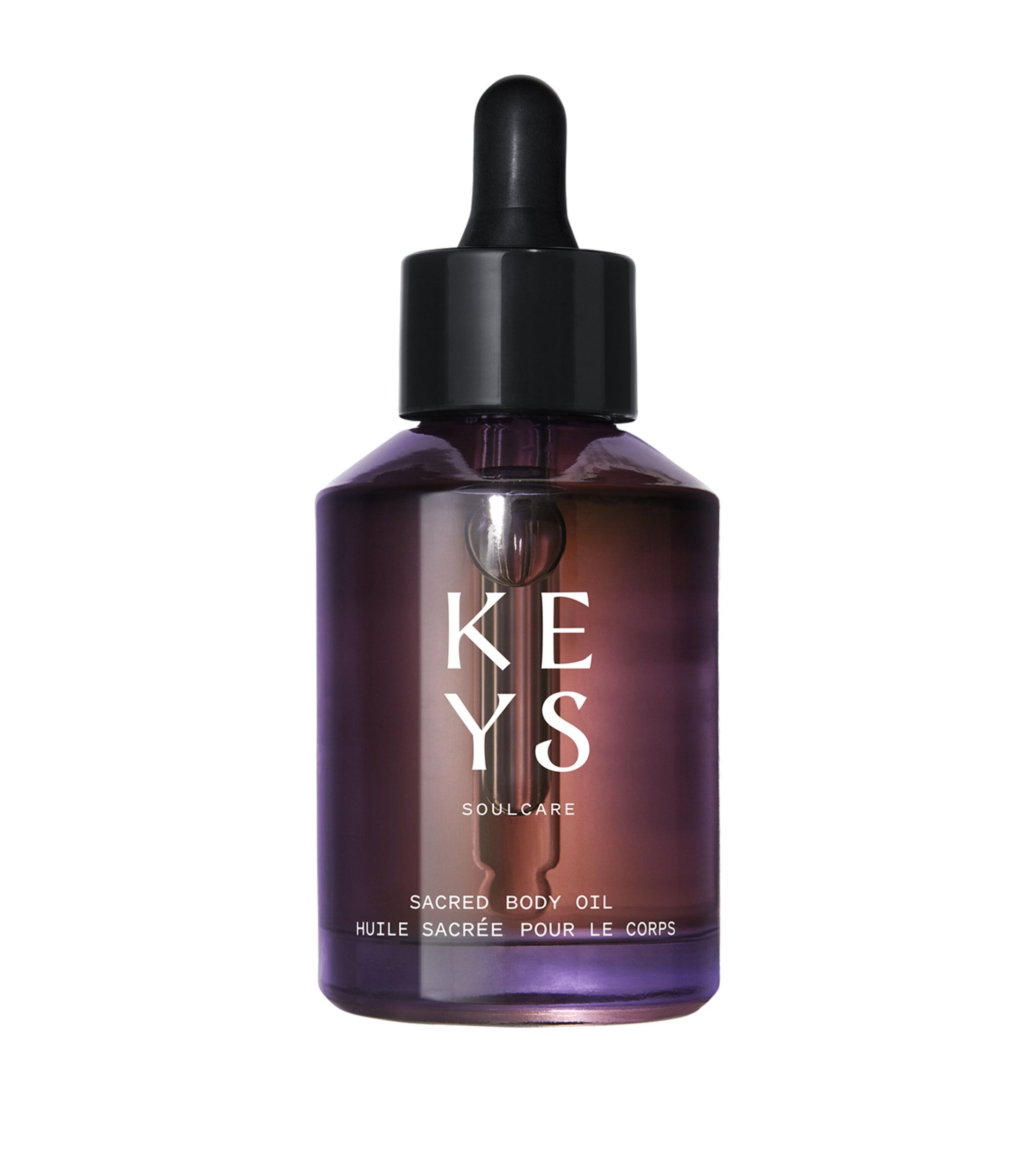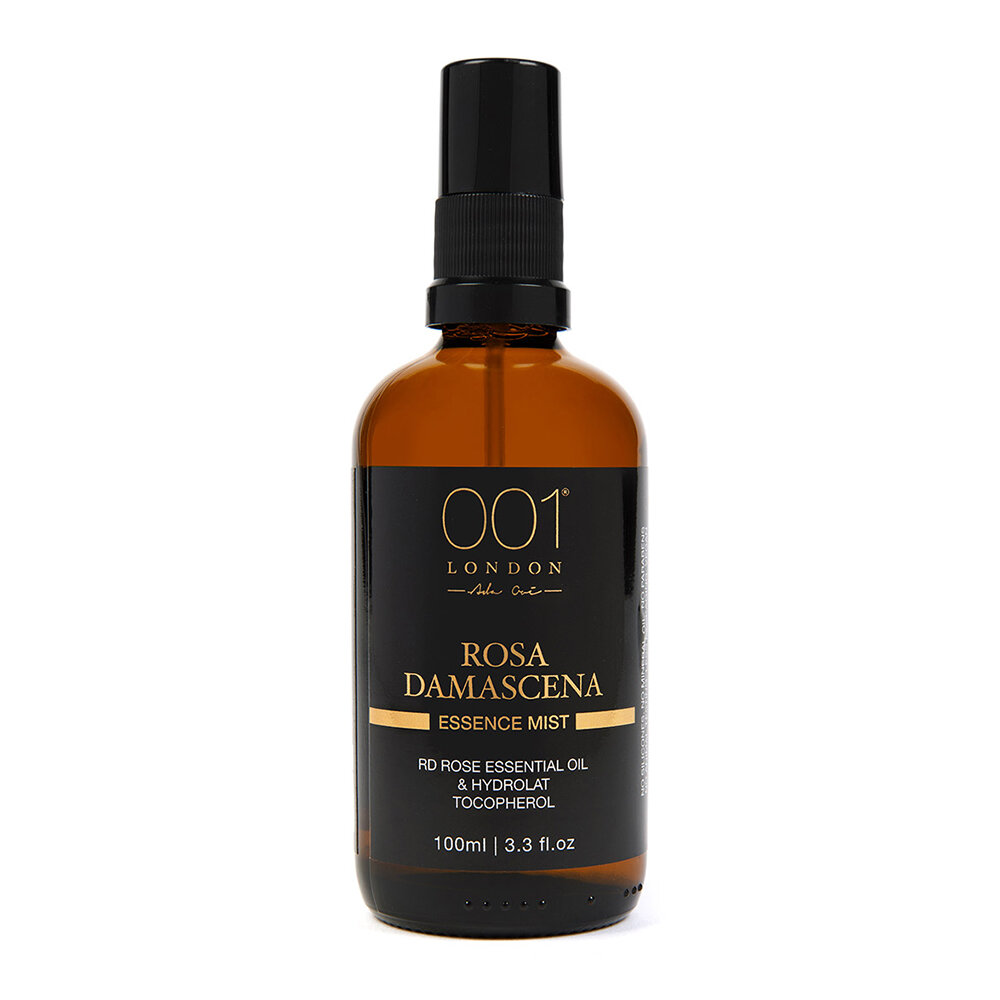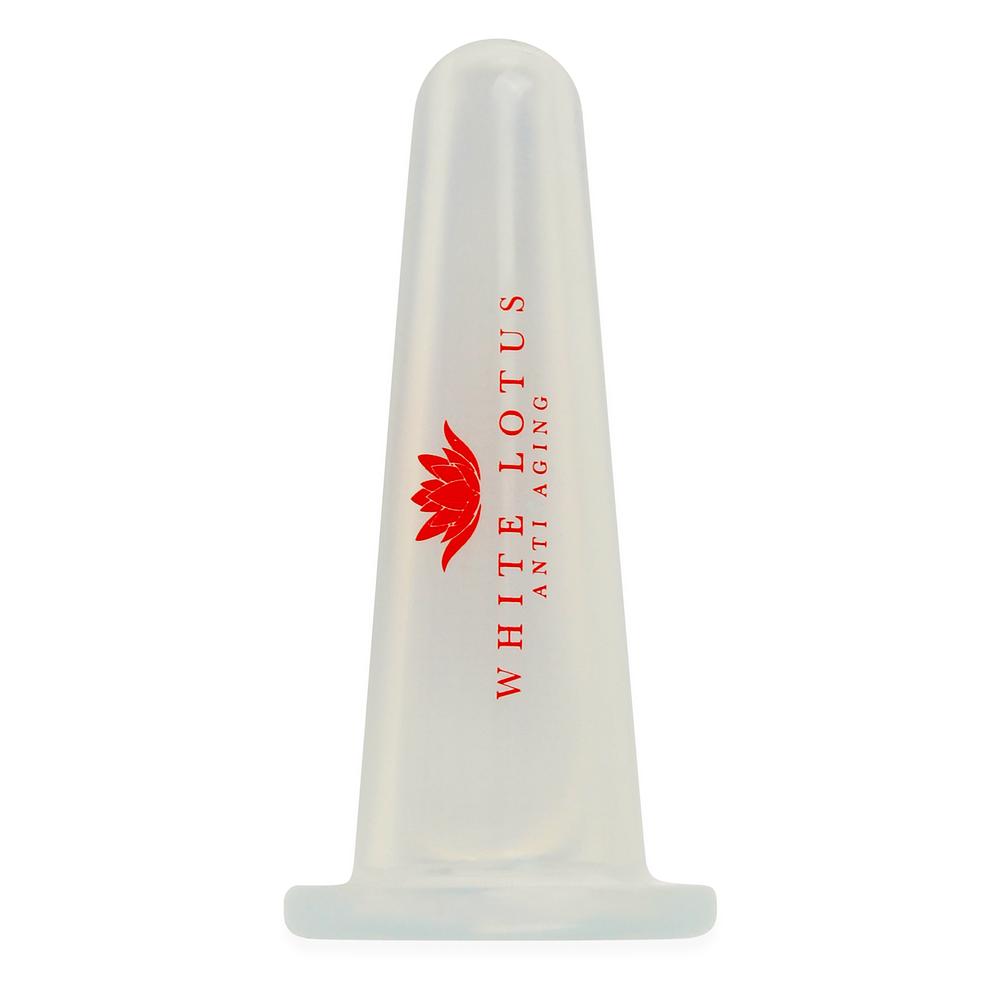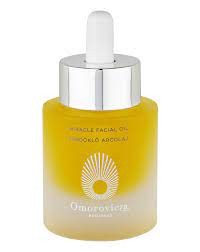I Just Had Cupping Therapy, and I Feel Like a New Woman—Here's What Happened
First things first: I have long been intrigued by cupping therapy. However, with a generally healthy lifestyle, I've never really felt like I needed to indulge in the Eastern medical practice—until now. Spending so much time at home over the last 18 months has meant less movement than ever, and I've started to feel lethargic and fatigued. So when beauty services returned, I immediately started looking into how cupping and other Eastern massage practices could help to alleviate my sluggishness. And I wasn’t alone. "As wellness businesses and spas have reopened, Brits are prioritising their self-care," says Kinsey Livingston, ClassPass VP of partnerships. "ClassPass reservations for UK beauty and wellness appointments are up 74% compared to pre-pandemic reservations, and for the first time, massage is one of the top 10 bookings on ClassPass."
I decided on a treatment with Ada Ooi, a celebrity skin-and-wellness expert. "From a Western medicine point of view, cupping is able to draw fresh blood to dysfunctioned areas and heighten healing response," explained Ooi. "The simulated blood flow arouses cell metabolism and repair, resulting in the formation of new connective tissue. The suction softens tensed soft tissue by dissolving adhesions and helps release unhealthy torsion, normalising muscle position." The result? You should feel the same levels of relaxation and ease as you do following a full-body massage.
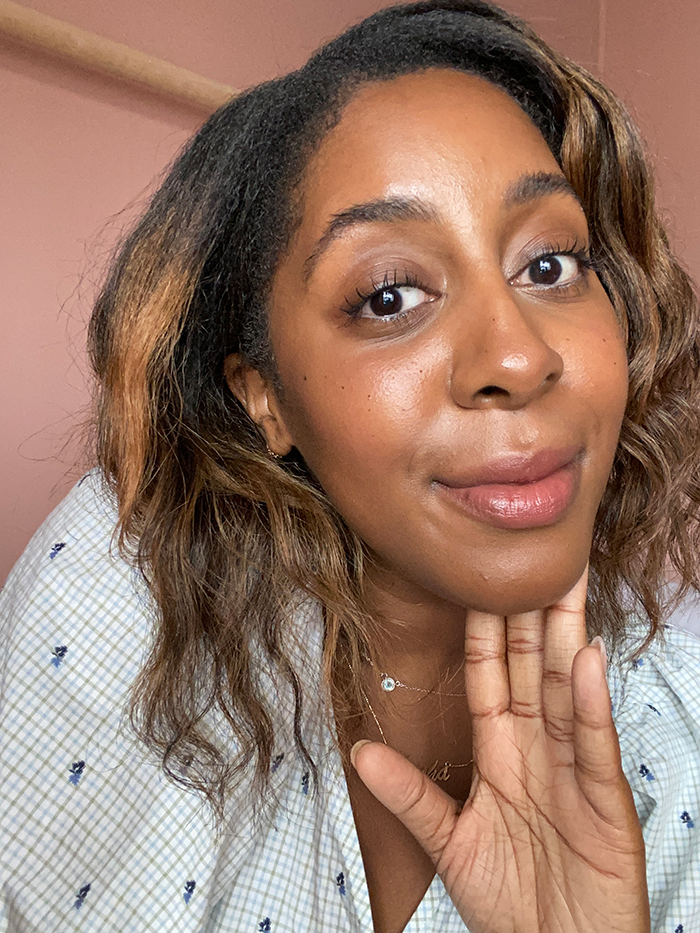
My session started with an extremely thorough consultation for Ooi to gauge my lifestyle and level of need, which was all going well until she looked at my tongue. "You can tell a lot about your internal health, the organ system functions or reveal information about the chronicity and severity of a particular pathology [from your tongue]," said Ooi. "I'll take into account factors such as colour of the tongue, coating, shape and its movement."
I cannot believe I’m about to admit this on the internet, but I had a damp tongue, which, according to Ooi, in Chinese medicine indicates stagnant water in the body—something that took her by surprise. My lifestyle includes healthy eating, working out and an overall positive attitude, which didn’t match up with what my tongue was saying. But here's the thing—no matter how healthy your lifestyle is, your body can also absorb your surroundings, and it turns out that living in a home where you constantly need to have a dehumidifier on blast isn’t conducive to a healthy body. And it’s likely contributing to why I feel tired all the time and why my legs felt like tree trunks.
Once Ooi had all the information she needed, the treatment began. Along with cupping, she used a mix of classic massage and gua sha techniques from head to toe to break down tension during the 60-minute treatment.
The gua sha element of the treatment didn’t feel foreign to me, like a targeted deep massage on my face and body. But the cupping part of the treatment was a whole new experience. Have you ever gotten a love bite? The suction created by the cups kind of feels a bit like that. Not painful, more like being licked gently by a puppy. Trust me.
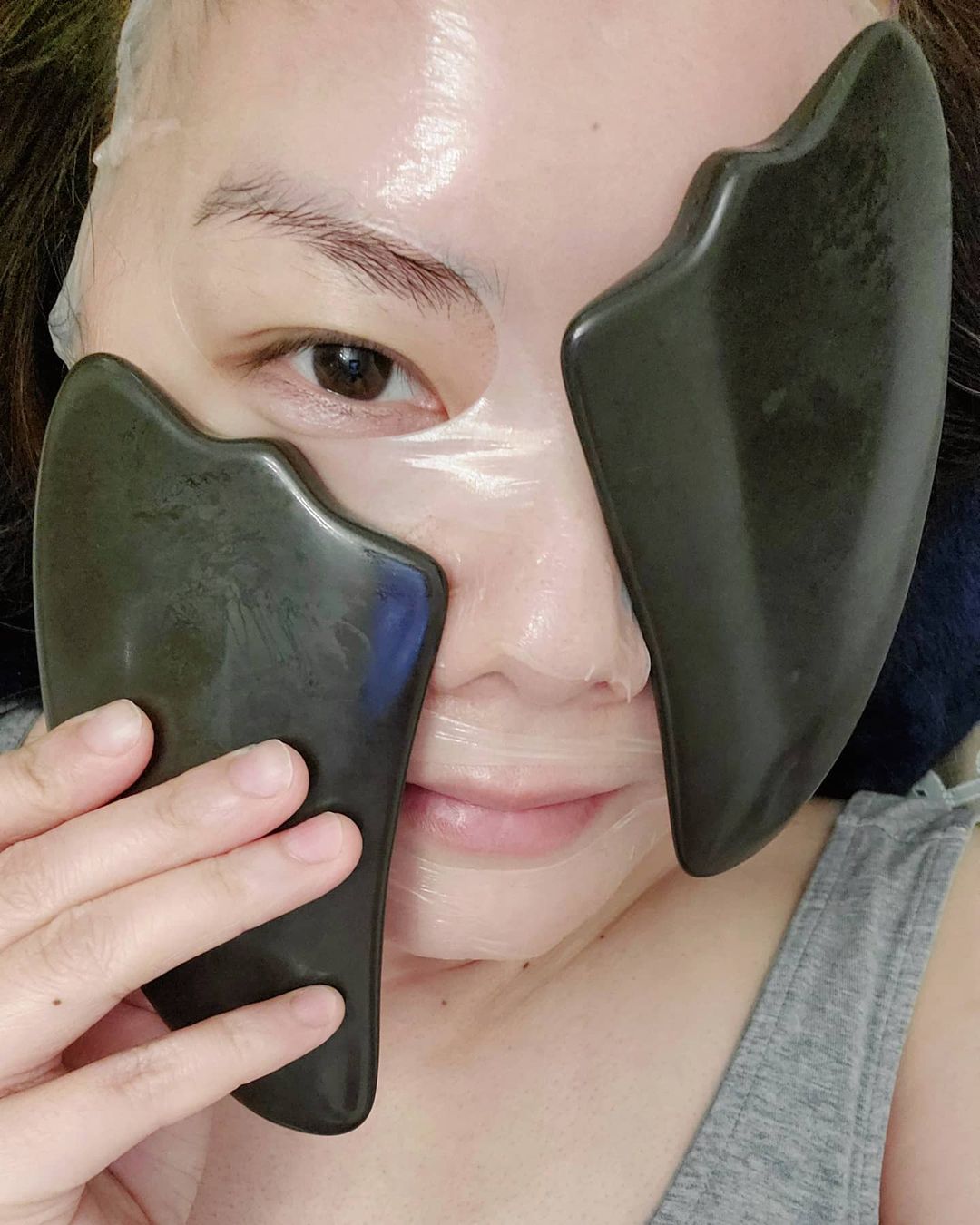
"There are different types of cupping that I prefer—moving cupping and static cupping," Ooi said. My treatment involved a mix of both. She continued, "They involve placing cups on the skin on certain parts of the body to create different levels of suction. Then you move the cup along the body or keep them on the spot. Both methods gently create broken blood vessels just beneath the skin, breaking up adhesions that are creating tension or blockages."
If you’re considering cupping but are concerned about the marks it can leave, I totally understand. We’ve all seen the angry red marks on Gwyneth Paltrow and Jennifer Aniston after their treatments. "Cupping can leave light redness or red marks, which will then be transported through our waste system, arousing new activities for healing at the same time," Ooi explained. So, while not ideal, it is an indication that the treatment is working. Ooi warned me that these marks can occur and may take up to two weeks to fade. However, my marks were really light—I suspect due to my deeper skin tone—and disappeared the next day.
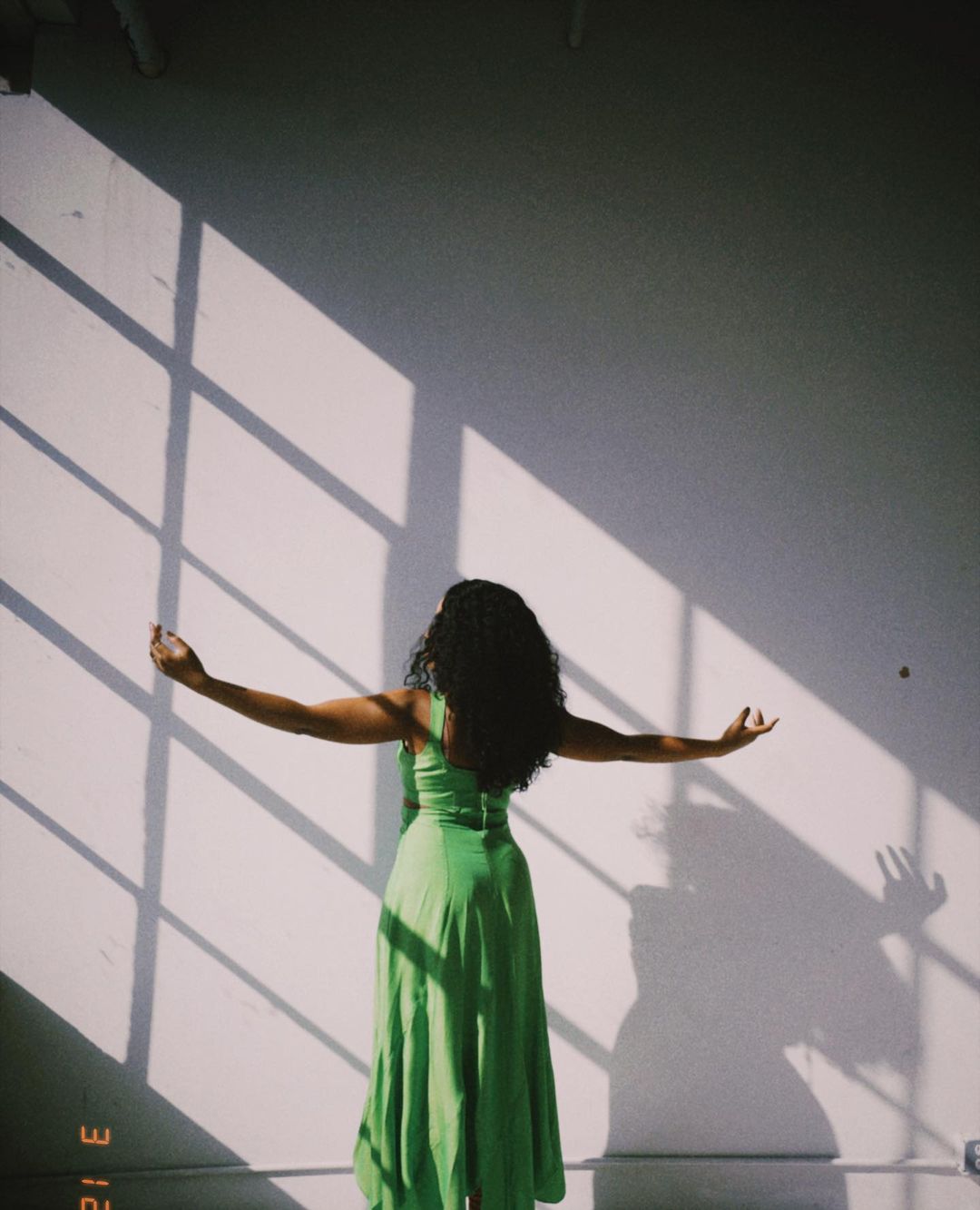
Post-treatment, I felt incredible. I can’t stress enough how light my legs felt immediately after. It was like I had been walking around with sandbags duct-taped to my feet for months, and they'd finally been removed. To sustain the effect of the treatment, Ooi recommended that I undertake cupping treatments as often as possible to continually stimulate the blood flow and release the stagnant fluids, ideally every two weeks.
In the meantime, you can do at-home cupping to drain excess fluid build-up and stimulate blood flow. "For an at-home treatment, you need to work out the type of suction pressure you want and gain some knowledge of the bodily system or any local area you want to treat," explained Ooi. "You also need to take into account that there will be places that you can't reach. I would recommend seeing a professional for this for maximum benefits."
Keep scrolling for the at-home cupping essentials that I've been dabbling with since my transformative experience.
At-home cupping essentials:
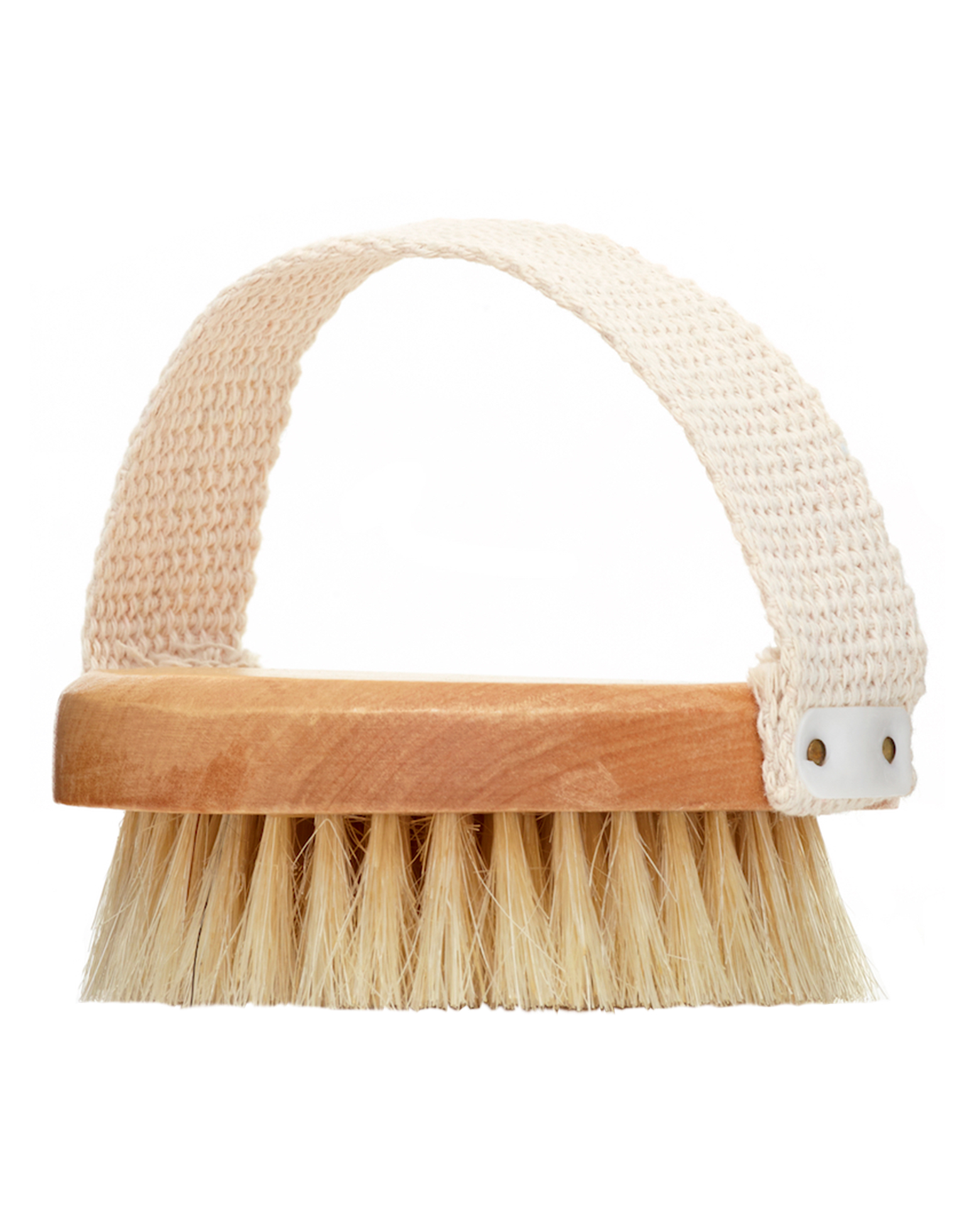
I wrote about my love of dry brushing here, and it hasn't ceased. It's excellent for encouraging blood flow and improving circulation.
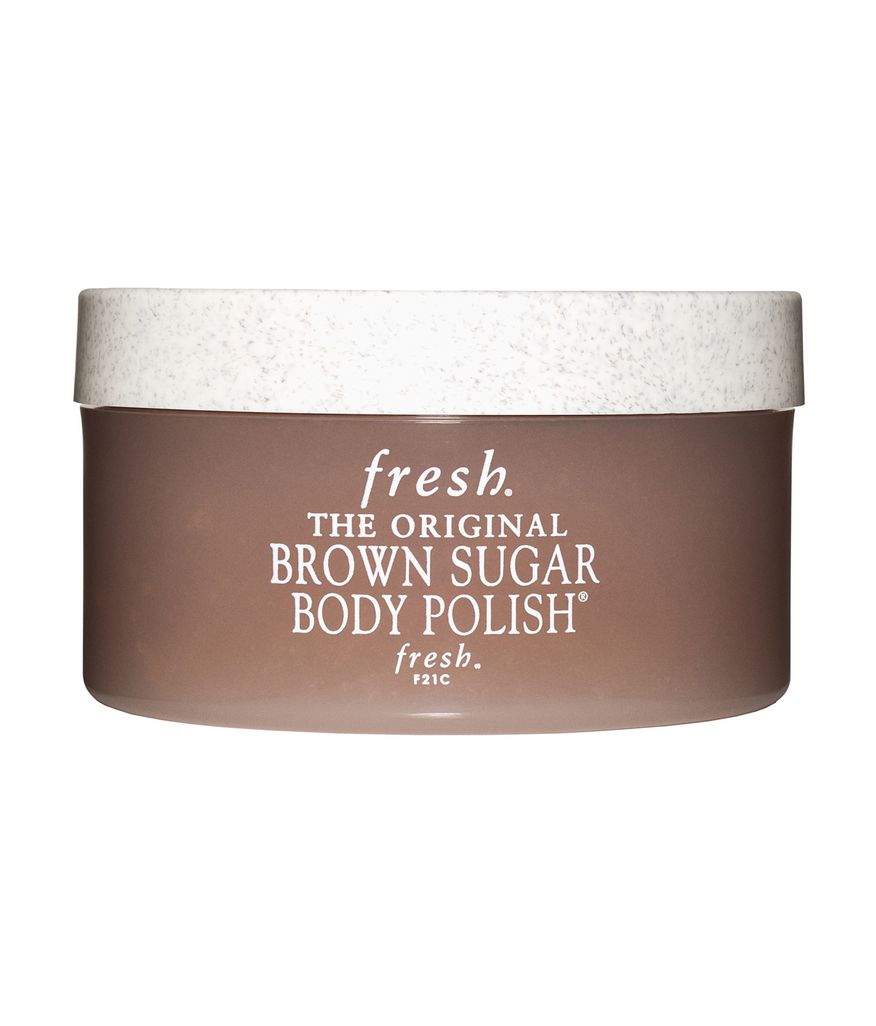
An excellent scrub to prep the skin and reap the benefits of the creams and oils applied.
Up next, the £11 skincare buy that Jennifer Aniston and Selena Gomez swear by.
Beauty journalist Keeks Reid created beauty content for Who What Wear UK as a freelancer between 2021 and 2023, contributing insightful pieces on key product recommendations, with a particular specialism in haircare. She is now the Beauty Director of Cosmopolitan.
